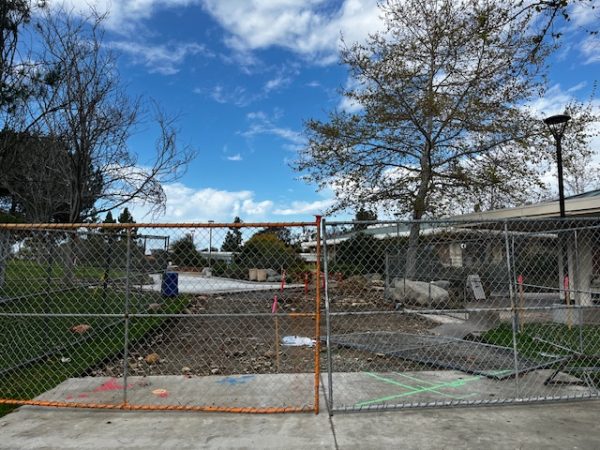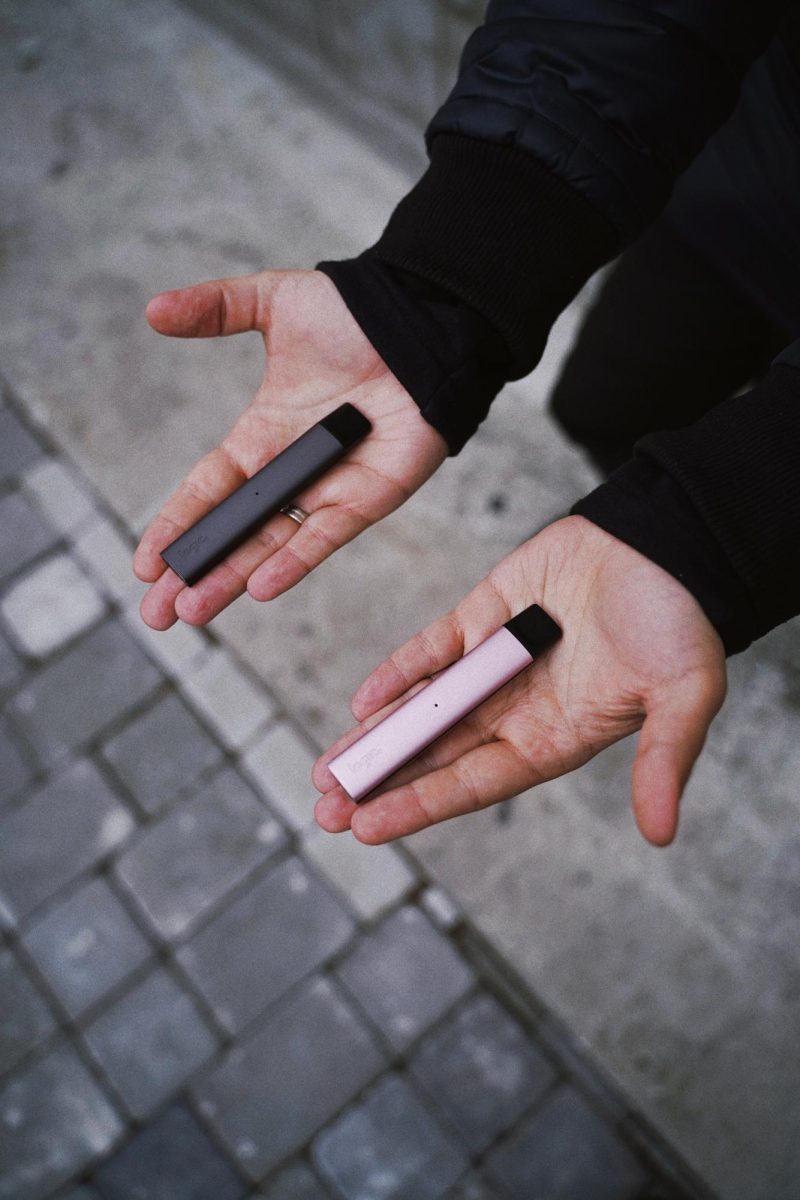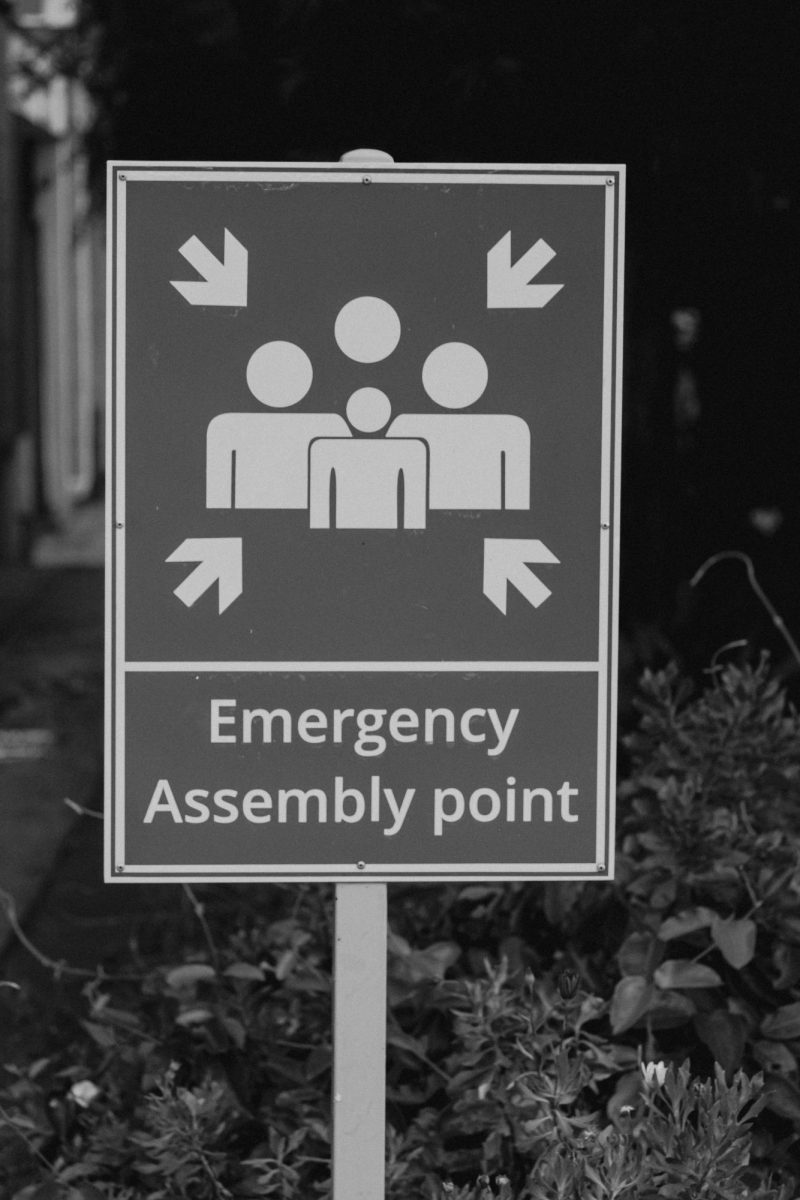FROM THE ADVISER’S DESK
Too often, people act like 2 of the 3 little pigs; enjoy life and not worry about the “wolf” that will soon come to the door. For the east coast, the most recent “wolf” was Hurricane Sandy. Hurricane Sandy proved that people must take a proactive stance and be prepared for any event or natural disaster that could disrupt everyday living.
Even with 3 days warning of the impending storm, many people found out how unprepared they were. Media outlets have reported that thousands of people went without food, blankets or cooking fuel. The Red Cross reported that they have handed out thousands of Meals Ready to Eat (MRE) to the victims of Hurricane Sandy, and while drinkable water was plentiful, other necessities were not.
While those in Southern California do not experience torrential rains and hurricanes, Southern California residents do have to think about earthquakes, wild fires and power failures. Last year’s wide spread power failure may have been a brief wake up call for some, but many may not be prepared for such emergencies or situations.
FEMA recommends that people make an emergency kit and have a plan in the event of an emergency or other serious situation. Generally, it takes approximately 72-hours for help to arrive in the event of an emergency or natural disaster. FEMA states that it is up to each individual household to be prepared. Here are some suggestions:
COMMUNICATIONS: Cell phones may not work in the event that the power goes out. Microwave towers have some emergency battery power, but should those batteries be taxed by the number of people using them, your call or text will not get through. Connection to the internet may be limited as well.
Make sure to have a battery operated radio available to receive news and information in the event of a power failure. FCC Law mandates that all Emergency Alert Broadcast stations have back-up generators and sufficient fuel/power sources to maintain broadcasts in emergency situations.
FOOD: Sufficient stores of food in should be stored in cupboards, including non-perishable canned foods that may be eaten without cooking. These could include potted or cured/dried meats (shelf-life is about 2-3 years), crackers, cereals, condensed soups, and other items that will not spoil, yet provide needed nourishment. It’s not about feasting but surviving.
FLASHLIGHT: Make sure that every member of your household has a working flashlight. Extra batteries should be easily accessible. While using candles, make sure that there is not a gas leak in the immediate area.
PORTABLE POWER: FEMA recommends that households purchase a small generator to keep something like refrigerators running. Sufficient fuel to power the generator should also be available. Make sure that there are plenty of batteries for flashlights, radios, etc. There are also alternative charging devices like solar-powered batteries for recharging cell phones.
FIRST AID KIT: While pre-made kits can be purchased at most department and other stores, one could compile a kit inexpensively from a dollar-store. Make sure to include adhesive bandages, anti-biotic ointment, a few larger non-stick bandages, bandage tape and pain reliever. Sanitizing cleaner is also recommended.
MEDICATIONS: Those dependent on medications should make sure that the medication bottles are with them or that a rotating stash of emergency pills is in the emergency kit. FEMA also recommends that if refrigerated medications should be placed in portable re-freezable ice type packets in a freezer at all times.
FUEL: FEMA recommends that bottled fuels like propane be on hand as well as a stove device and a lighter or matches. One small bottle of propane can sustain 3-4 people for food and boiling water for about 72 hours it used wisely.
WATER: According to FEMA, each person in your household should have 2-3 gallons of water a day available to them. Water is used for more than just staying hydrated. Water can be used for cooking, washing clothes and taking sponge baths. Make sure the majority of available water is used for cooking and staying hydrated.
SANITATION ITEMS: Toilet paper, feminine hygiene products, hand towels, liquid soap, and hand sanitizer are all items we seldom think about until they are desperately needed.
72-HOUR EMERGENCY KIT: In case of evacuation due to a fire, earthquake, etc., there may only be seconds to grab and go. FEMA recommends that each household obtain or make a 72 hour kit. Many of these can be purchased at retail outlets or online. Make sure that you compile only that what you will need for that 72- hours. Many of the items previously mentioned should be added including 2 changes of undergarments, and at least one t-shirt for each individual. You can find suggestions at http://www.ready.gov/build-a-kit.
Those who commute to campus may want to consider a kit for their vehicle. FEMA recommends something that will sustain you in the event of a situation or being stranded somewhere.
Faculty and staff may want to consider having a few items in their offices should the campus be placed on “lock-down”.
While you can hope that natural disasters and other situations avoid them, odds are that sometime in your lifetime you may need to rely on yourself before help or assistance can arrive.



















